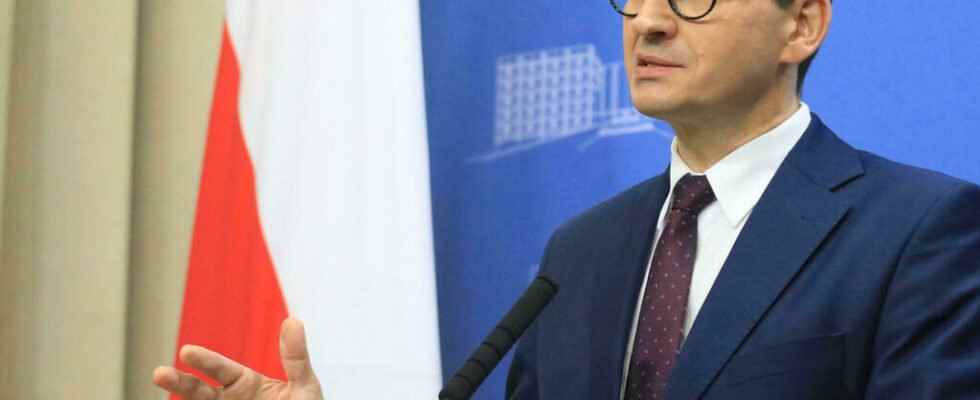What can central banks do about inflation?
Faced with the inflation that is setting in, the new governor of the German Central Bank declares that monetary policy in the euro zone must remain on its guard. Joachim Nagel is worried because, according to him, inflation could stay high longer than expected. Comments that follow the speech of the President of the US Federal Reserve, Jerome Powell, before the Senate. The Fed plans to tighten monetary policy to prevent inflation from taking hold in the United States. As the economic horizon is marked by great uncertainty, what can central banks do to keep the economy afloat? Elements of an answer with Grégory Vanel, professor at Grenoble École de management, interviewed by Agnieszka Kumor.
“We have been in a deflationary regime for about ten years now. That is to say, a drop in the general price level. Since the subprime crisis, the monetary policies of the major central banks have been extremely accommodating. We had interest rate levels that turned negative. And that reflects an anomaly in the system.
Since the start of the Covid crisis, we have had a catching-up phenomenon which is noticeable, but which has not yet compensated for the deflationary logic. However, with the transition to extremely accommodating monetary policies, there has been an explosion in the creation of money in the world. This had an impact on the price level of financial assets. Indeed, they flew away.
In fact, monetary policy is no longer the instrument, today, which is useful to control, if necessary, the general level of inflation prices. We must act on other variables, instruments linked to fiscal policy on the one hand, but also instruments linked to industrial policy – the way we produce, the way we pay for work – which are structural variables ”.
